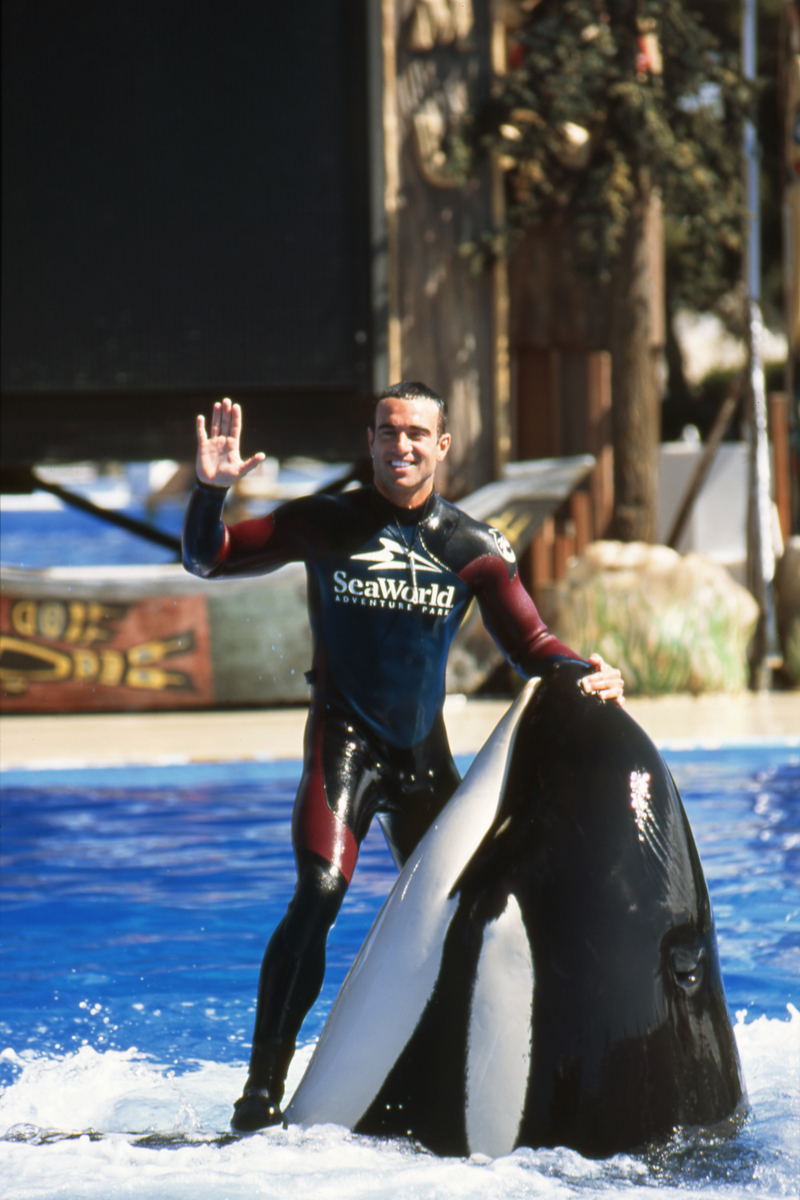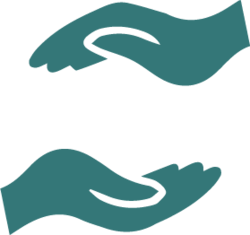Like the recent op-ed from Valerie Greene (“'Tiger King’ showed two sides of animal activism," May 14) I considered working at SeaWorld my dream job. I fell in love with orcas on a family trip to SeaWorld when I was a kid. My career began in 1993, when I got an apprentice position at SeaWorld at the orca stadium and worked my way up to the highest-ranking senior trainer position at Shamu Stadium.
During my 14-year career, I worked with 20 killer whales in three different marine parks. Two years of my career I was a supervisor in charge of the orca stadium at Marineland in Antibes becoming the first trainer in the world to get in the water with those orcas. My responsibilities were to train the orcas all the spectacular stunts in the water and perform with them in the water during shows in the newly built stadium. And it was my love for these animals that made me hand in my resignation after asking myself the paramount question: Is having killer whales, or any animal, in captivity for profit the right thing to do?
I came to realize that watching orcas and dolphins do tricks doesn't do anything to foster respect for these animals, much less contribute to their survival in the wild. Instead, it glamorizes abuse and dehumanizes these highly intelligent animals. I loved the orcas more than anything, but I finally had to admit to myself that my love was not enough. It became clear that we could never come close to meeting their true needs.
For orcas and dolphins forced to perform at SeaWorld or Marineland, for elephants bracing themselves for the whack of a bullhook in the circus, and for tigers exploited by the likes of “Joe Exotic,” it’s a one-way street. The animals are not willing participants; they are captives who comply or go hungry (I was required to withhold food from orcas who didn’t perform — sometimes up to two-thirds of their daily rations), get beaten, or even worse.
At least five tigers were shot to death at “Joe Exotic’s” roadside zoo. Nearly three dozen elephants, including five babies, died at the hands of Ringling Bros., and more than 40 orcas — including many of those whom I worked with — have perished in SeaWorld’s cramped tanks. Four of the seven orcas I worked with at Marineland in Antibes are now dead. Despite Shouka being the first successful orca calf to be born at Marineland, I could not stop them from taking her away from her mother Sharkane and selling her in 2002 to a marine park in the United States. Shouka suffered the next ten years of her life in a tank a fraction of the size of Marineland and in solitary confinement. This is not conservation. This is carnage.
I don’t regret my years at SeaWorld or Marineland in France because if I hadn't had the career that I had, I would never have been able to expose the captivity industry by providing direct testimony from more than a decade of hands-on experience as a senior orca trainer and supervisor in the documentary Blackfish and all the media interviews that followed. I was also an expert witness for both the federal government and for the California legislation that now protects captive orcas and forced SeaWorld to heavily restrict the way it uses them for "entertainment.”
Most important, it forced the company to end its breeding program and separating mother orcas from their calves. I will never forget the enormous amount of medication that I gave out every day to so many orcas, or how I rationalized away all the sickness and disease that killed them prematurely so I could toe the company line. The PR spin, repeated ad nauseam, “world class veterinary care” and “our animals are healthy and thriving,” is demonstrably false.
Of course, I also lost my friend Dawn Brancheau and colleague Alexis Martinez. As if their deaths weren't traumatic enough, those of us who worked with them and cared about them had to listen in silence as SeaWorld management found a way to blame her for being dismembered. For Alexis, SeaWorld has still to this day never even said his name publicly in their attempt to distance themselves from his death. They shamelessly denied, under oath, that they even knew it was dangerous for trainers to work in the water with, or in close proximity to killer whales. One federal judge after another saw through their lies and publicly called them out for it in their scathing written decisions highly critical of the way SeaWorld treated both their orcas and their orca trainers.
As society has evolved and become more educated, I'm glad so many are now asking important questions: Why are these animals in captivity? How, exactly, do captive orcas help to conserve wild orcas? Are they simply here for profit?
For me, loving the orcas meant walking away and no longer being complicit in their abuse and exploitation. Ensuring that animals of all species continue to thrive means protecting them in their own natural habitats, not imprisoning them for entertainment.
















Comments 21
PCS | Saturday 20 June 2020
Ducat600 | Friday 19 June 2020
Eden | Saturday 13 June 2020
BIDULE | Saturday 13 June 2020